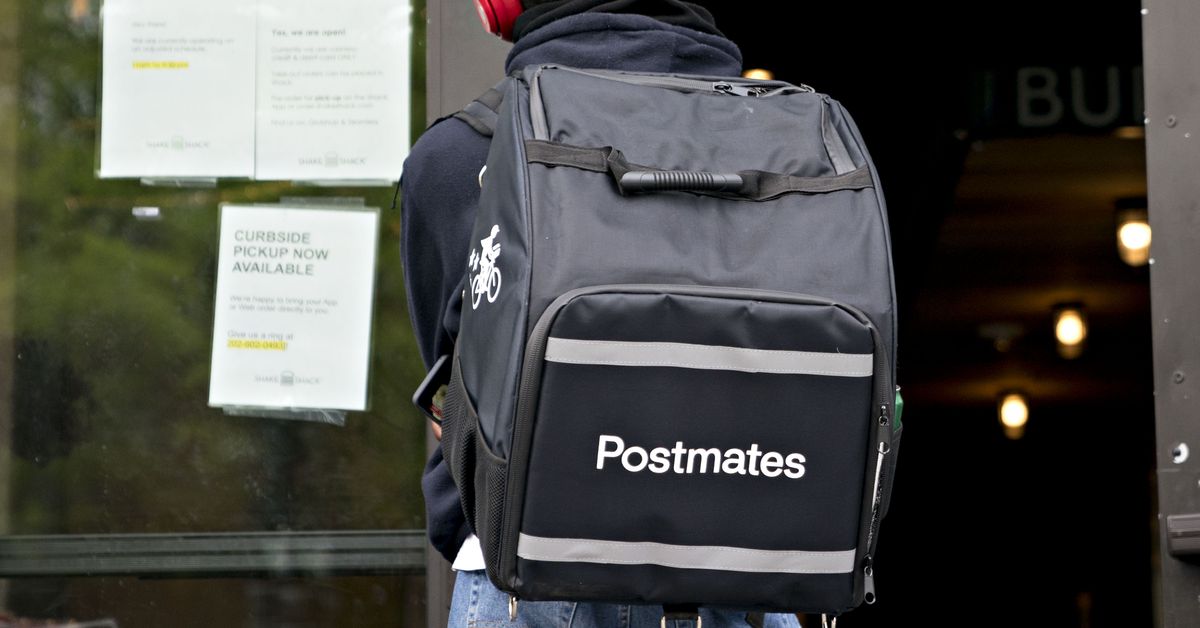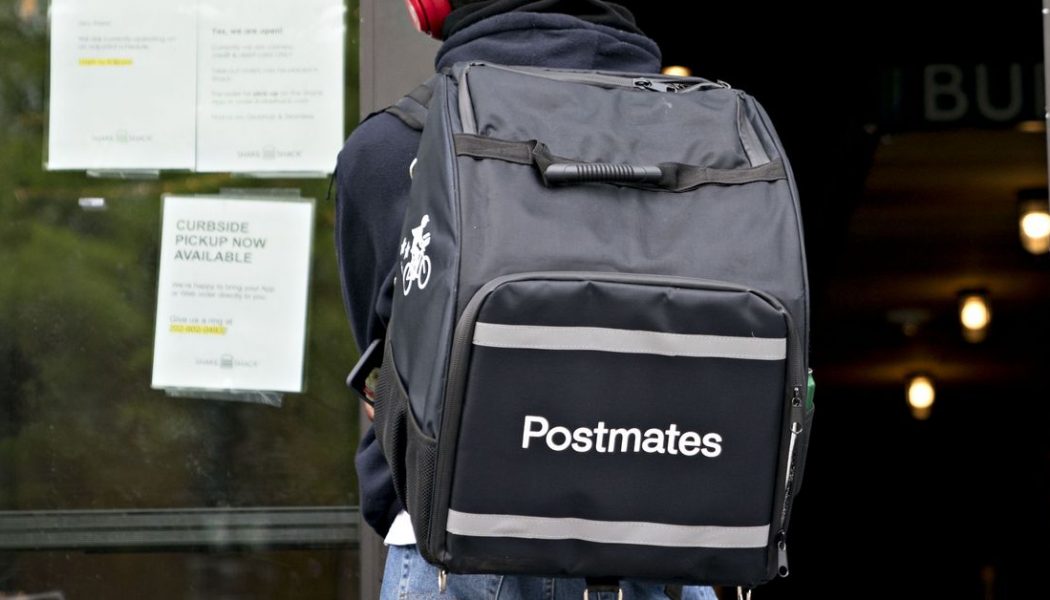
Over at The Markup is an alarming story about a rash of phishing scams that have been targeting gig workers for Postmates. Drivers are receiving phone calls from people claiming to be Postmates employees, who urge the workers to give over their login details — usually under the guise that it’s necessary to keep a driver account in good standing or avoid claims of fraud.
Once the scammers obtain that info, they switch the debit card information on the account — Postmates makes weekly deposits of a worker’s earnings, but instant transfers can also be requested — and then drain the balance of everything that’s in there. The Markup has spoken to many Postmates gig workers who’ve been preyed upon with this scam, and others are using Reddit and social media to warn their fellow drivers about the phishing and social engineering attempts.
The unknown call usually comes in right after an order. (Placing an order allows the perpetrators to easily reach their Postmates driver by phone.) Some scammers have gone so far as to involve restaurants in their scheme.
Drivers say that Postmates isn’t doing enough to make them aware of the phishing threat, which has only grown more common during the COVID-19 pandemic. Scammers are taking advantage of how busy and hurried these gig workers often are, so drivers are asking for more safeguards in the app.
One suggestion is an automatic hold on a driver account whenever the deposit information changes, just to give some more time to prevent a worker’s money from being siphoned out. Another measure that could help would be a caller ID that clearly identifies when a call is coming from a Postmates customer account. Postmates has this support page on protecting accounts, but several drivers told The Markup they’d never seen it before.
Postmates says it has implemented two-factor authentication and can block cashouts if fraud is suspected. But drivers that’ve been hit by the scam say the company is hard to reach, so they have little hope for recouping their lost earnings. The whole story at The Markup is worth a read — and yet more reason to tip well whenever you lean on the gig economy.










